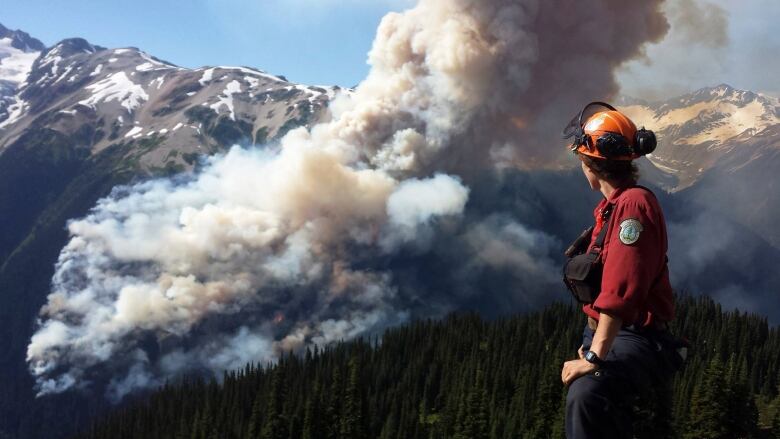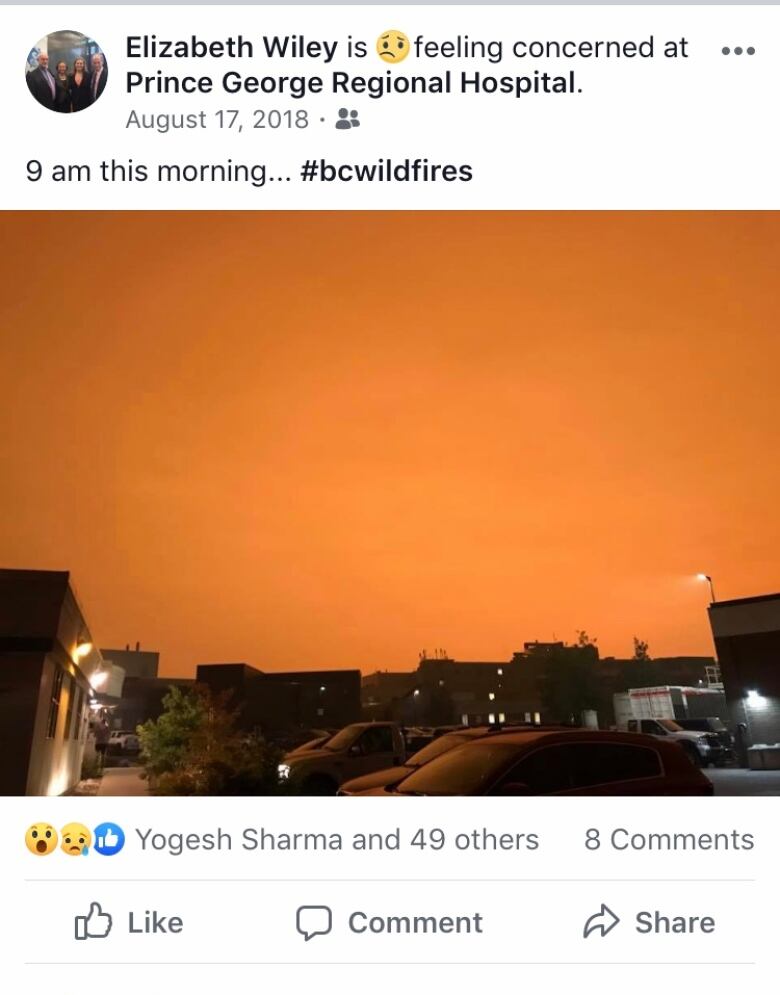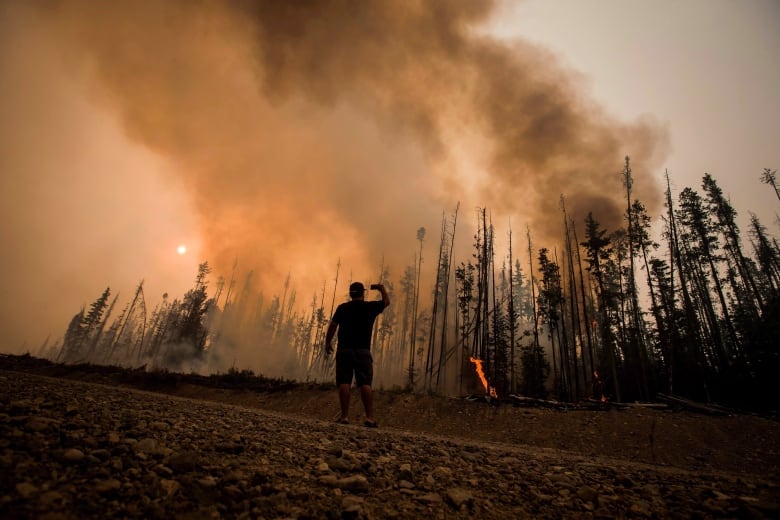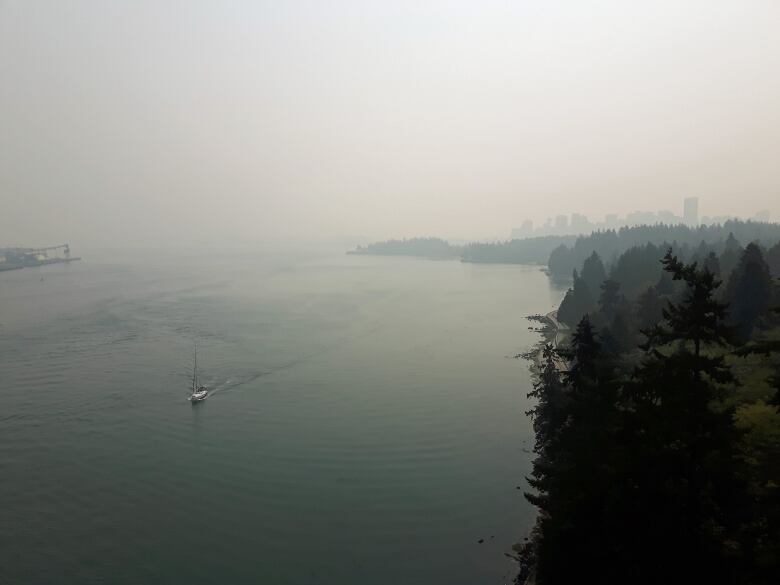The B.C. wildfire season that wasn't but likely will be again
Ecologist warns that short-term respite doesn't reflect long-term worsening conditions

It was stillspring when Stephen Rees noticed the haze from Alberta wildfires obscuring Vancouver's sky.
"I thought this was the beginning of another long, hot summer where there would be difficulty breathing," Rees said over the phone, from his home on the city's west side.
Like many British Columbians, in late May, Reeswasexpecting another summer of evacuation orders, poor air quality and economic loss from less tourism.
Rees, 70, has a heart condition, and wildfire smoke can exacerbate it. Earlier this year he bought a HEPA air filter before they sold out, as they had the year before.
"My intention had been to use that next to my desk, so that when it got smoky I could keep on happily breathing,"Rees said. "I haven't actually turned it on very much."

In early May, the U.S.-based National Interagency Fire Centersaid "abnormally dry"conditions across the Pacific Northwest could spell a long wildfire season for B.C.
But air filters have gone unused this summer as unexpectedly mild weather dampened the prospect of wildfires, and their accompanying smoke, across the province.
Despite this, experts like fire ecologist Robert Graysay long-term data indicatesthat wildfires are likely to make a strong comeback.
"The trend is basically upward toward longer fire seasons hotter, drierfire seasons and more of that in the future," Gray said.
According to the province, the 2019-20 wildfire season, which starts April 1 and endsMarch 31, has so far had less than a third of the wildfires than the year before.
Last year wildfires ravaged 1.3 million hectares. So far this year, they have only burned 21,310. The province says it has only spent about $101 millionon fighting the fires, compared to $615 million the year before.
B.C. Wildfire Service spokesperson Kevin Skrepnek says those numbers are all because of rain.
"It has been fairly wet as least periodically across the province, that's kept the fire situation in check," Skrepnek said.
Still, he warns thatthe wet summer has created lush forests and fields filled with wildfire fuels. Forecasts for a hot, dry autumncould mean the worst of the fire season is still to come.
"This season hasn't been nearly as severe as the last few years, but we don't want people getting complacent," he said.

More fire in the future
Gray, the fire ecologist, says it's unlikely B.C. will experience any major fires in the next few months.
But he warns that if those forest fuels don't burn this fall, they could make for an explosive wildfire season next year. The long-term trend, he says, is an occasionalwet summerlike the one B.C. just had, but overall more hot and dry seasons like those in 2017 and 2018.
"Primarily what the models are suggesting, and what's proven out in the last two decades, isthere's an upward trend in termsfire behaviour and fire seasons," Gray said.
"So let's take advantage of this down year, get a lot of good work done and be prepared for the future, which is unfortunately more fire."

Gray says firefighters can take advantage of slow seasons like this one for controlled burns to better manage forest fuels.
Skrepnekagrees. He says the slower season has also meant that many of B.C.'s firefighters have been able to help out elsewhere like Alberta, Ontario and Yukon.
For B.C. residents like Rees, that means the air filters should probably remain on hand.
"I think we've got very lucky this year," Rees said. "I'm hanging onto my fan."
With files from Tanya Fletcher












_(720p).jpg)


 OFFICIAL HD MUSIC VIDEO.jpg)
.jpg)



























































































